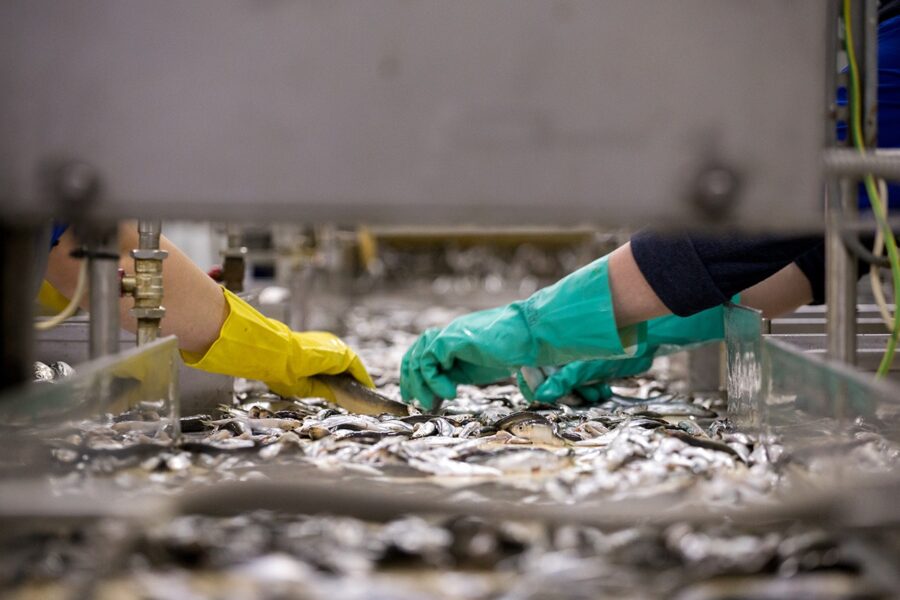Minister for agriculture, food and the marine Charlie McConalogue has announced approval for a scheme that will provide €45m in funding for capital investment projects by Irish seafood processing enterprises.
The scheme is based on a recommendation of the Seafood Taskforce that he established to assess the impacts of Brexit and the Trade and Co-operation Agreement on the Irish fishing sector and coastal communities, and is proposed for funding under the Brexit Adjustment Reserve (BAR).
In line with the taskforce recommendation, the scheme will provide greater levels of funding to capital investment projects that result in higher value-added activities. It will, in particular, assist seafood processors seeking to move away from commodity production to higher value-added products. It will also help those seeking to diversify and enter new markets, improve environmental performance or achieve greater production efficiencies.
Minister McConalogue said: “I believe this scheme will significantly assist processing enterprises to adapt quickly, to become more sustainable in both a business sense and environmentally. Through the supports on offer, processors will be able to invest in innovative equipment, diversify their product lines and reach new, valuable markets.”
Bord Iascaigh Mhara (BIM) will be administering the scheme, and has been asked to open its call for applications as soon as possible. Due to the time limitations on BAR funding, projects must be completed before the end of 2023.
Minister McConalogue added: “The suite of schemes and measures I have announced will support fishers, the wider seafood sector and the coastal communities which are most dependent on the sea for their livelihoods. The scheme will assist the seafood processing industry in making transformational change and moving further up the value chain.”
The fish processing sector sustained 4,355 jobs, paid €145m in wages and contributed €347m to the Irish economy in 2018, and is particularly important for some of Ireland’s more peripheral and rural areas.
Key aims of the scheme include:
- Reducing commodity exports of fish below 50%, by supporting processors in moving further up the value chain and remaining profitable in the face of lower landings
- Adding significant value to fish landings, translating to higher quayside prices for fishers and greater expenditure in local economies
- Increasing employment opportunities in seafood processing and within the same coastal communities, helping to offset loss of employment of fishing vessel crews and in wider communities as a result of Brexit
- Improving processing infrastructure, enhancing the attractiveness of Ireland’s fishing ports for landings by foreign vessels fishing in Ireland’s EEZ
Further details of the scheme can be found here.








